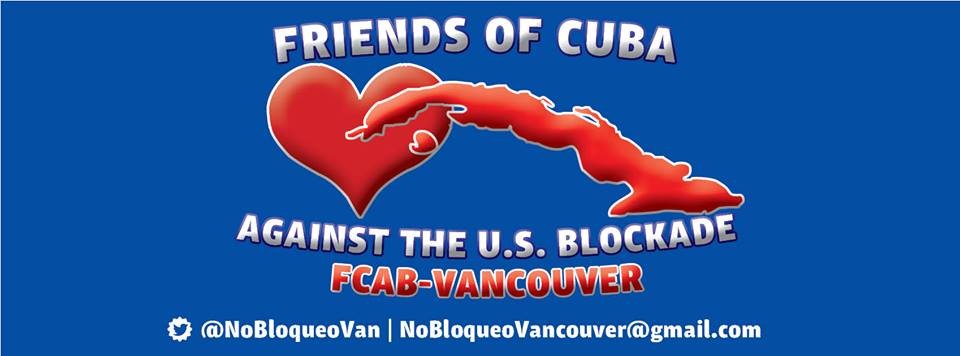Cuba hopes U.S. vote in the United Nations is reflected in reality
Cuban Foreign Minister Bruno Rodríguez Parrilla, today October 26, during the United Nations discussion on Cuba’s resolution against the blockade, said that the U.S. abstention in this year’s vote was “a positive sign,” and hopes the change would be “reflected in reality.”
It has taken 24 years for the solitary vote of the United States in the General Assembly to be rectified; it has taken 24 years of isolation and failure, and 58 years of resistance by the Cuban people, Rodríguez affirmed before UN member states.
The result of the vote this year on the Cuban resolution demanding an end to the U.S. blockade was historic, with 191 votes in favor, abstentions by the U.S. and Israel, and no votes against.
The Cuban minister described as encouraging the focus of remarks made by the U.S. representative to the UN, Samantha Power, who announced on the podium her country’s intention to abstain, which was received with applause.
The U.S. diplomat commented that the UN vote on Cuba’s resolution was a perfect example of the failure of her country’s policy meant to isolate Cuba, which in fact left the United States itself isolated, as can be seen today, she said.
Power likewise noted that President Barack Obama had decided to abandon the path of isolation and follow that of dialogue, allowing for the reestablishment of diplomatic relations and the opening of embassies in both countries.
Power explained that the U.S. abstention on the UN resolution did not mean the country was in agreement with all of Cuba’s policies, but recognized that there is good reason to develop relations and acknowledged that the Cuban government had achieved important success in several areas.
In his comments, the Cuban Foreign Minister noted that the U.S. vote represented a positive step for the future improvement of relations between the two nations, and asked if this position would lead to an end to hostile U.S. policies toward Cuba.
Rodríguez commented that the blockade imposed on Cuba 54 years ago remains in place and maintains its extraterritorial nature which affects all UN member countries.
He recalled that Obama himself and other officials have described the economic, financial and commercial blockade as obsolete, senseless, not viable, and a weight born by citizens in both countries, which hurts the Cuban people.
Rodríguez emphasized that the majority of executive regulations and laws that constitute the blockade remain in effect, and are rigorously applied. He acknowledged that the steps taken by Obama have been positive but have a very limited scope, citing the ongoing negative impact of the policy.
In her remarks, the U.S. diplomat recalled that Cuba and the U,S. were able to collaborate and work together in efforts to combat the Ebola epidemic in West Africa, noting that Cuba’s contribution was significant for a country with only 11 million inhabitants.
Power highlighted the bravery of Cuban doctor Félix Sarría Báez, who was infected with the virus during his mission, and returned to carry on the effort once he recovered. She likewise acknowledged the work of internationalist Cuban doctors and members of the Henry Reeve Medical Brigade.
For his part, the Cuban minister acknowledged Power’s moving words on the issue, while noting that Washington has created obstacles to Cuban international medical aid with its financial persecution, which continues.
Bruno Rodríguez insisted that the blockade continues to be a massive, flagrant, systematic violation of the rights of all Cubans and can be described as an act of genocide, in addition to an obstacle to international collaboration. It is a massive, flagrant, systematic violation of international law, the United Nations Charter, and the CELAC Proclamation of Latin America and the Caribbean as a Zone of Peace, he said.
Obama has executive powers to continue transforming the implementation of the blockade, he stressed.
Regarding the recent Presidential directive on U.S. policy toward Cuba, issued October 14, Rodriguez noted that while the U.S. government recognizes the Cuban government, it makes no effort to disguise its goal of altering the country’s constitutional order and promoting changes to its political, economic, and social system. Nor does it hide plans for interventionist programs.
We are already free, because in 1959 we freed ourselves from U.S. imperialism, Rodriguez said. Cubans responded to George W. Bush’s plans for the country in 2002 with eight million signatures supporting a constitutional amendment making the socialist character of our country irrevocable, he recalled.
It would be wise to recognize that changing Cuba is the sovereign right of Cubans, Rodríguez Parrilla concluded. (International news staff)
(Reprinted from Granma, http://en.granma.cu/cuba-vs-blockade/2016-10-26/cuba-hopes-us-vote-in-the-united-nations-is-reflected-in-reality)
